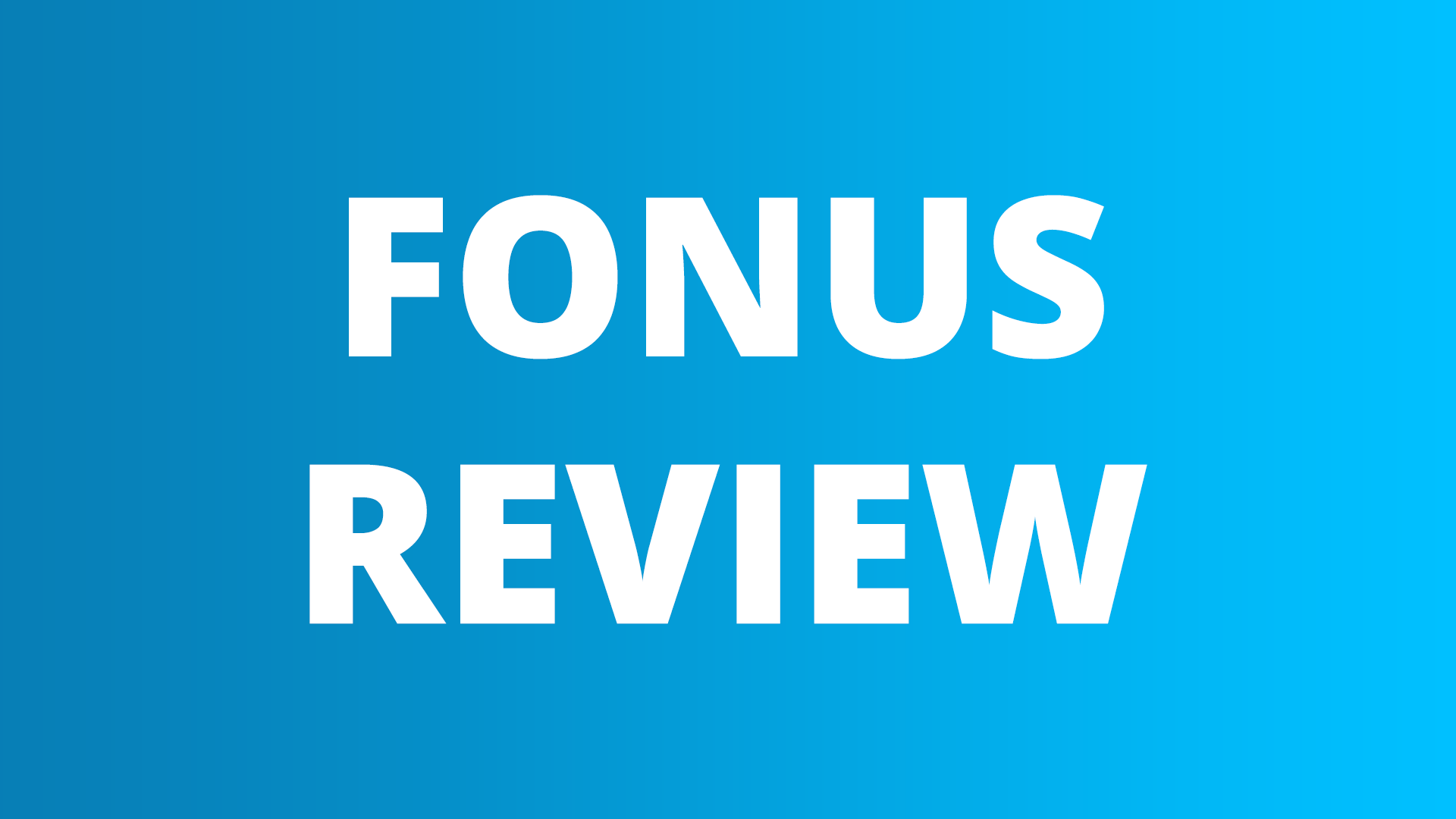In the ever-evolving world of telecommunications, Fonus emerged with bold promises, aiming to revolutionize the way we approach mobile connectivity. Marketed as a global SIM card provider with unlimited data at a flat rate, Fonus has intrigued consumers seeking an alternative to traditional carriers. In this review, we delve into the intricacies of Fonus, exploring its features, performance, and the overall value it brings to the table.
Concept and Ambition:
Fonus entered the scene with an ambitious concept – providing a global SIM card that offers unlimited data, promising users seamless connectivity regardless of their location. The idea is enticing, especially for frequent travelers or those seeking a straightforward solution to international roaming charges. The concept, however, raises questions about feasibility and sustainability, as delivering unlimited data on a global scale involves navigating complex agreements with various telecommunications providers.
Activation and Setup:
One of the key selling points of Fonus is its straightforward activation process. Users can reportedly sign up for the service online and have their SIM card shipped to them. The activation process aims to be hassle-free, allowing users to get connected quickly without the need for a local SIM card in each country they visit. This simplicity is a significant advantage, particularly for those who value convenience in their mobile services.
Global Connectivity:
Fonus’s promise of global connectivity is undoubtedly appealing. Users can, theoretically, travel across borders without the need to switch SIM cards, avoiding the often tedious process of acquiring a local card in each new destination. The ability to stay connected seamlessly can be a game-changer for frequent travelers, eliminating the need for multiple SIM cards and the associated logistical challenges.
However, the effectiveness of Fonus’s global connectivity depends on the underlying agreements with international carriers. The challenges of negotiating fair roaming agreements and ensuring reliable network access in every corner of the world are substantial. Users should approach this aspect of Fonus with a degree of skepticism until comprehensive reviews from users across diverse locations are available.
Pricing and Value:
Fonus’s flat-rate pricing for unlimited data is a significant departure from the tiered plans and data caps typical of traditional carriers. However, questions arise about the sustainability of such a business model. How can Fonus afford to offer unlimited data globally without significantly compromising network quality or incurring substantial costs?
While the pricing model might seem attractive, potential users should scrutinize the terms and conditions to understand any limitations or hidden fees. The mobile industry is notoriously competitive, and sustainable business practices are crucial for any player aiming for longevity and customer trust.
Network Performance:
One of the critical aspects of any mobile service is network performance. While Fonus claims to offer unlimited data, the quality and speed of that data are paramount. Users need to consider factors such as throttling, network congestion, and data prioritization, which can impact the actual user experience.
Fonus’s reliance on existing networks for its global connectivity introduces an additional layer of complexity. The quality of service may vary depending on the underlying carrier in each region. Users should look for real-world performance reviews from individuals who have tested the service in different locations to get a better understanding of the network’s reliability and speed.
Customer Support and Reliability:
Customer support and reliability are critical aspects of any mobile service. Fonus, being a relatively new player in the industry, needs to establish a reputation for prompt and effective customer service. Users should consider the availability of customer support channels, response times, and the overall reliability of the service.
Given the global nature of Fonus’s offering, addressing issues promptly and efficiently is essential. Users encountering problems in remote locations should have confidence in Fonus’s ability to resolve issues promptly and keep them connected.
Potential Challenges and Risks:
While Fonus presents an intriguing concept, potential users should be aware of certain challenges and risks associated with the service. These may include legal and regulatory hurdles, potential network restrictions in specific regions, and the evolving landscape of international telecommunications agreements. Users should approach Fonus with an understanding that the global connectivity landscape is intricate, and delivering on the promises made by the service may encounter obstacles.
Conclusion:
In conclusion, Fonus presents a fascinating proposition in the realm of mobile connectivity. The concept of a global SIM card with unlimited data is undoubtedly appealing to a broad spectrum of users. However, the success of Fonus hinges on its ability to navigate the complex landscape of international telecommunications, negotiate robust agreements with carriers worldwide, and provide a reliable and seamless user experience.
Potential users should approach Fonus with a degree of caution, carefully considering the practicality and sustainability of its promises. Thorough research, real-world user reviews, and an understanding of the potential challenges will be crucial in making an informed decision about whether Fonus is the right fit for their mobile connectivity needs. As with any innovative service, time will reveal the true extent of Fonus’s impact on the global mobile landscape.
Disclosure: The link below in this post is an ‘affiliate link’. This means if you click on the link and make a purchase, I will receive an affiliate commission.
